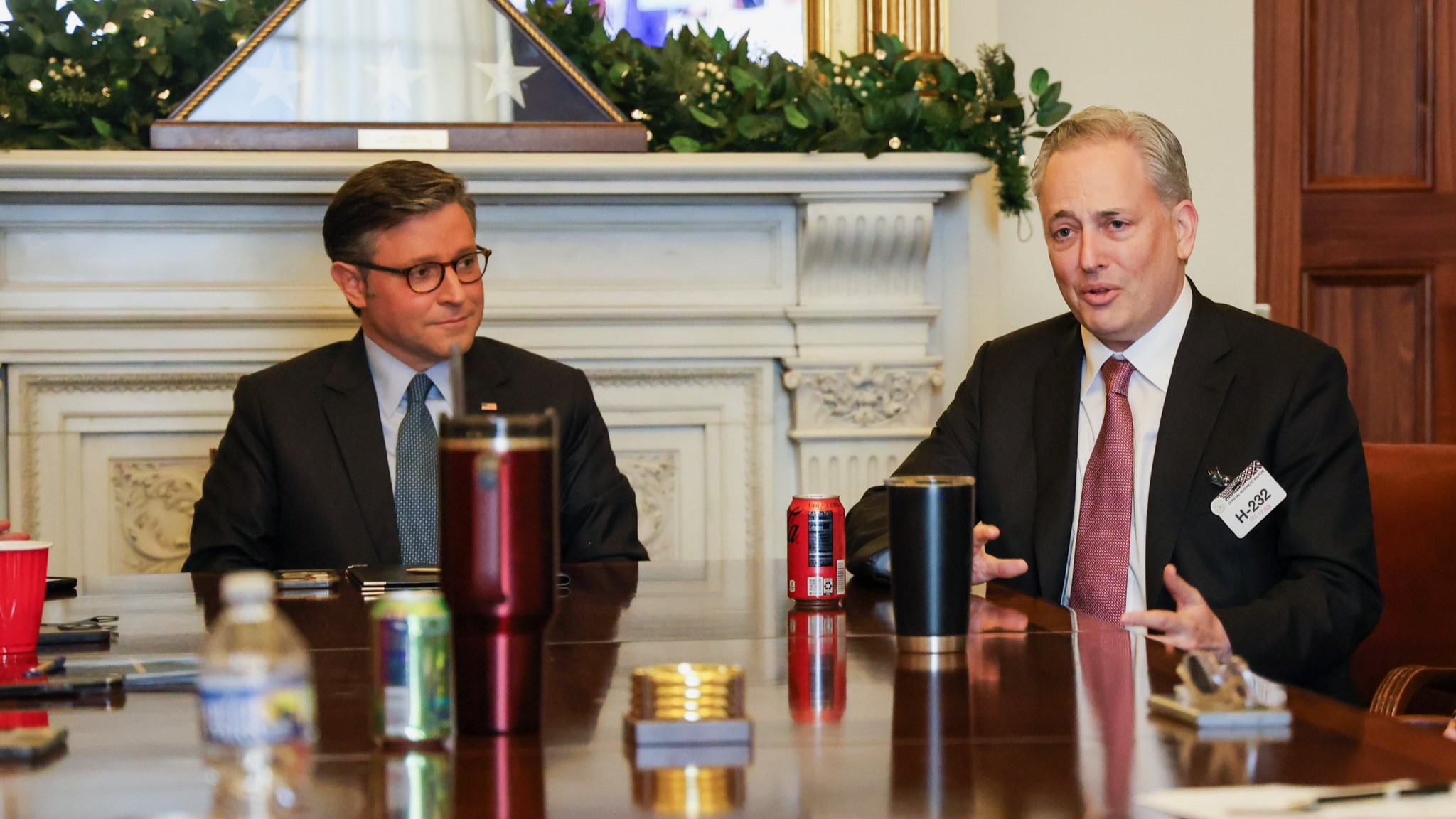White House crypto and AI adviser warns China catching up to the U.S. — 'Before DeepSeek, people thought that Chinese AI models were years behind and we realized that they are only months behind'
Overly tight hardware export controls have helped Huawei, China pull within two years of U.S. chip design

The White House's AI and crypto czar thinks that Huawei and other Chinese tech firms are pulling closer to U.S. capabilities than was previously thought, and is blaming the tight race on Biden-era policies. David Sacks, venture-capitalist-turned-government-official, believes overly strict trade regulations on U.S. hardware exports have made other countries more likely to turn to Huawei and other Chinese domestic products, rather than deal with tight U.S. export laws, per Bloomberg.
"Before DeepSeek, people thought that Chinese AI models were years behind, and we realized that they are only months behind," said Sacks in an interview with Bloomberg. He further stated that the White House believes the Chinese tech sector's savvy navigation of U.S. export laws, designed to strangle its market, has helped heavy hitters like Huawei catch up to at most two years behind leading-edge U.S. chip designs.
This two-year estimate matches the opinions of other industry experts, such as Jensen Huang, CEO of Nvidia. Huang said of Huawei this week, "Our technology is a generation ahead of theirs." But this was followed with a warning: "If the United States doesn’t want to partake, participate in China, Huawei has got China covered, and Huawei has got everybody else covered."
While Huang likely wishes for relaxed restrictions on his trade to China, the White House does not share this desire for more trade with China. Sacks, however, did share his concerns over policies that have made U.S. chips harder to access for not just China, but the rest of the world, especially U.S.-friendly nations.
"The leading American semiconductor should not go to China, but we have export controls on that," said Sacks. "If we are overly restrictive in terms of US sales to the world, I think that there will be a time where we kick ourselves and say, 'All of a sudden, Huawei is everywhere when we used to have the market to ourselves. Why didn’t we take advantage of that and lock it in?'"
To this end, the Sacks celebrated the death of a Biden lame-duck-era policy called the AI Diffusion Rule, a trade mandate that would have made it more difficult to export almost all high-end AI-ready enterprise chips and servers. The Trump administration's Commerce Department killed the rule days before it would have gone into effect, in a move publicly celebrated by Nvidia.
The U.S.-China trade war over chips has raged on since the first Trump administration, with countless Chinese tech firms barred from access to U.S.-developed chipmaking techniques, and many high-end chips placed under heavy export restrictions. The "Chip War" was supposedly started to stop Chinese military advancement, but many industry insiders argue it has become purely a battle over market dominance and ideology.
Get Tom's Hardware's best news and in-depth reviews, straight to your inbox.
While the why of the Chip War may be open to interpretation, China's rapid growth in the chip market is a plain fact. Huawei's new CloudMatrix 384 "AI supernode" rack solution beats Nvidia's Chinese-market AI solutions when running DeepSeek models, while also pulling 4x the power draw. And China shows no signs of slowing down its research efforts, doubling the output of U.S. institutions on studying next-gen chipmaking technologies. How the U.S. seeks to beat China now is truly up in the air.
Follow Tom's Hardware on Google News to get our up-to-date news, analysis, and reviews in your feeds. Make sure to click the Follow button.

Sunny Grimm is a contributing writer for Tom's Hardware. He has been building and breaking computers since 2017, serving as the resident youngster at Tom's. From APUs to RGB, Sunny has a handle on all the latest tech news.
-
Notton I would say that's a mostly correct assessment.Reply
The part he didn't mention is the roller coaster tariffs causing instability and the associated deep loss of trust as a reliable trading partner. -
Dani_2077 Naturally, I support the conclusions of this Mr. David Sachs. The policies of the United States under the last two presidents are, to put it mildly ... idiotic 🤓.Reply
This is not "politics", but pure business and business interests. As always, the losers will be the "ordinary" American consumers/taxpayers.